Little did Ashley English ’01 know that hitting bottom can set you up to bounce back up.
It was in 2004 – June 26 specifically, because she remembers it well – that she decided that her lifestyle “wasn’t in line with the way I was raised, what I was taught and certainly not in line with God … I said, ‘I’m not going to do this anymore. I’m morally bankrupt. I am spiritually broken. I do not feel good about things that I’m doing, where I’m progressing in my life.’ And it was at that moment that I said, ‘tomorrow will be a new day.’”
For 17 years now, every tomorrow has been a new day. Not only did she permanently set aside the alcohol and marijuana she had regularly used, as well as “other drugs (that) were not unknown to me,” but she passes along her example and expertise as a licensed addictions counselor to other substance abusers who find their way to her and The Willow Center, her addiction treatment center in Brownsburg, Indiana.
Clients are referred by physicians, employers, schools or the courts, with their enrollment precipitated by threats of divorce or loss of job or some other inciting incident.
English declines to describe the incident that prompted her turnabout or the specific substances she abused, lest other substance abusers use their differences as an excuse to avoid treatment. They may say, “I didn’t use that or she didn’t use what I use and therefore I can’t find hope,” she said. “People like to find reasons why they can’t identify with you.”
And yet, English and the members of her staff who likewise are in recovery most assuredly identify with them. “I want people to know that there isn’t anything that they’re going through that somebody else isn’t,” she said. “They need to know that they will get through it and their story is valued. There’s a purpose for that. Do not give up before the miracle happens. It will happen. But you have to reach out.”
“Do not give up before the miracle happens. It will happen. But you have to reach out.”
English said she used substances while a student at DePauw, though “it was after DePauw that I totally crossed the line of moderation.” When she arrived in Greencastle, she considering majoring in psychology, but a few days of a statistics class changed her mind. She considered communication, but eventually switched to education studies and student taught, though it didn’t feel like the right choice for her.
As graduation approached, her sorority sisters were landing jobs, and that “just added to the panic that I wasn’t good enough or worthy enough.” After graduation, she taught as a substitute and took temp jobs. Three years later, her reckoning came, followed by a new job at a methadone clinic and, six months after that, a position at what is now Community Fairbanks Recovery Center in Indianapolis.
She stayed eight years, during which she became a certified life coach with a specialty working with substance abusers, then got licensed as an addictions counselor.
Then, in August 2012, the owner of a counseling center who was shutting down his operation asked if she wanted to buy his assets and take over his client list. With another counselor and an administrative assistant, she opened The Willow Center.
Nine years later, she still sees some individual clients and runs a men’s group but spends most of her time while overseeing a staff of 15-20 who provide customized individual and group counseling to about 400 clients a month. She hopes to eventually open more centers.
Last year, as she watched a softball game played by former clients – part of the center’s after-care programming – she noticed some joyous children in the bleachers. Their father was on the field.
At that moment, she said, she realized that “this is success, when your kids are smiling, your wife is here, they’re cheering you on where they’re supposed to be cheering you on. It was in that moment I said ‘this is why we do what we do. We’re reunifying families and communities and we’re giving people their dad back, their mom back, their son back. And to me, that is success when you can look over and the kids are smiling again.”
DePauw Magazine
Fall 2021
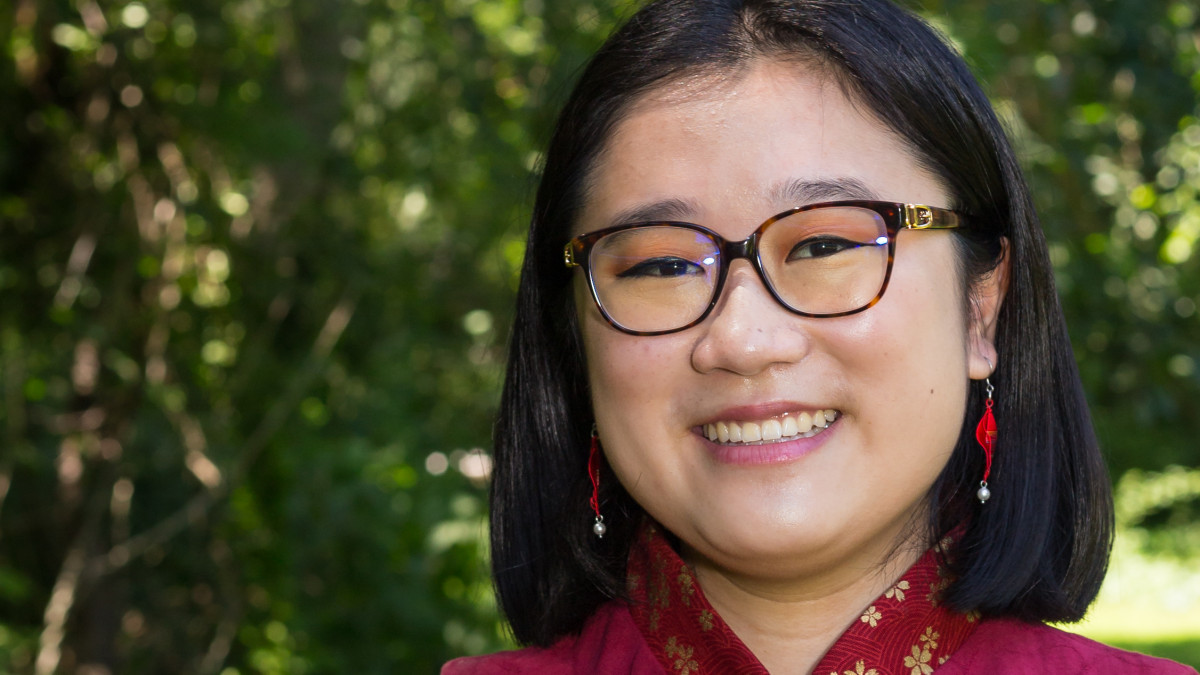 First Person by Emily Chen ’18
First Person by Emily Chen ’18 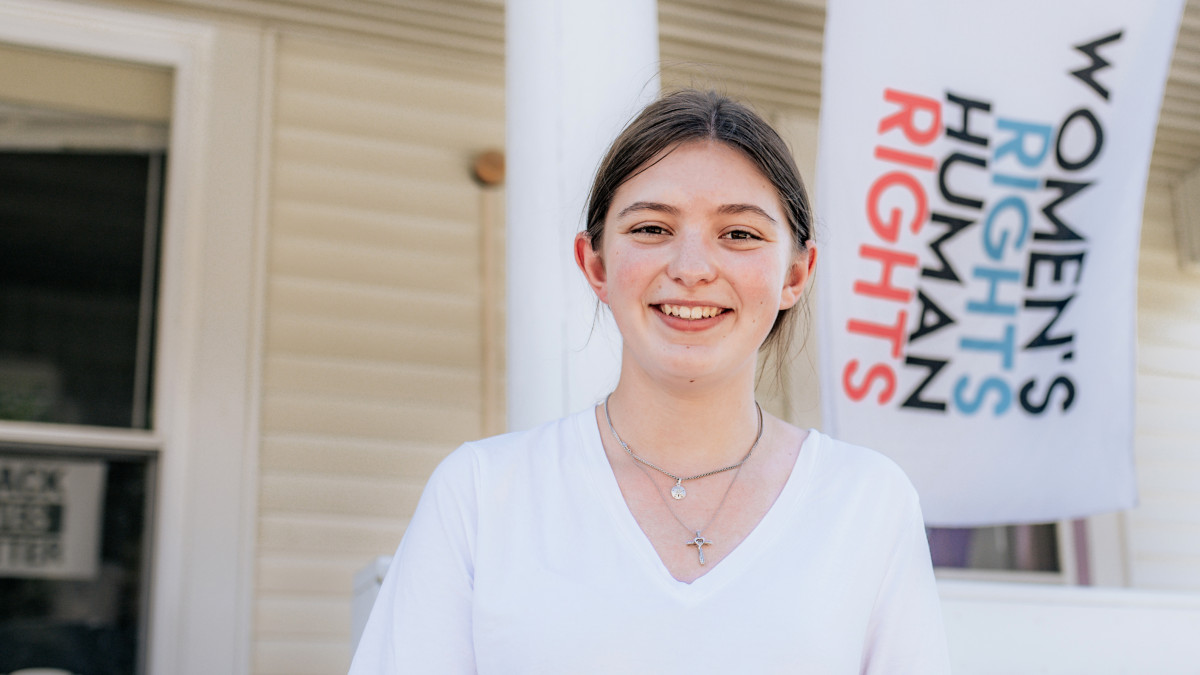 First-year known for follow-through exemplifies DePauw’s outstanding students
First-year known for follow-through exemplifies DePauw’s outstanding students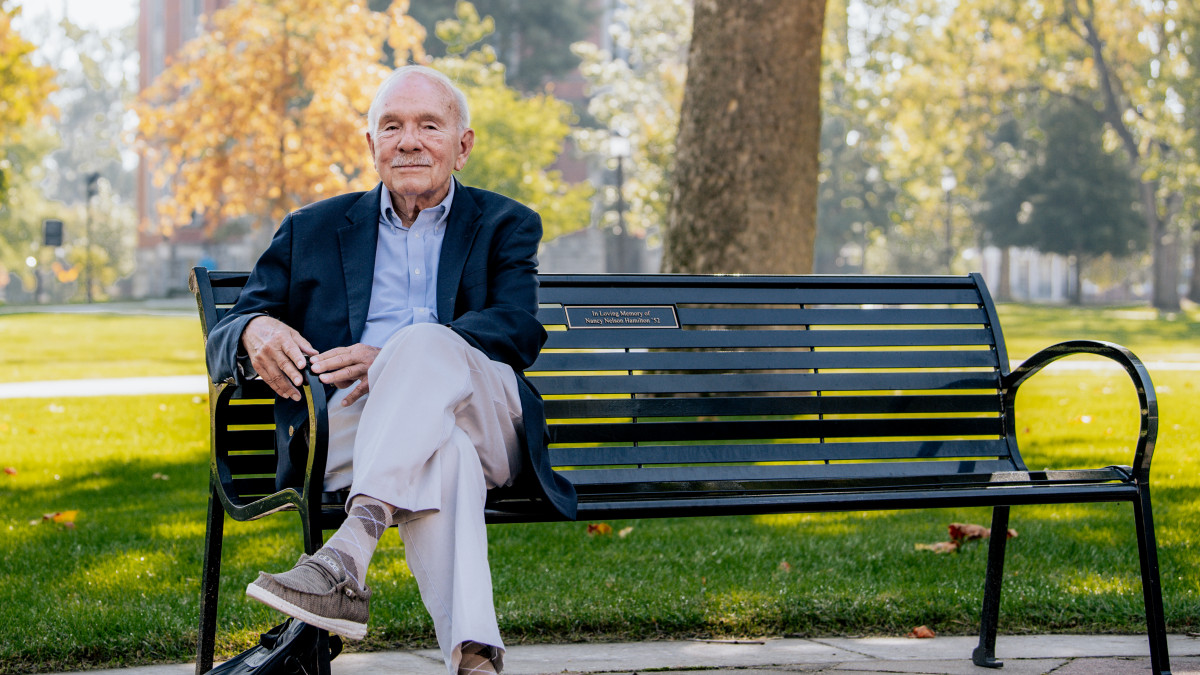 The Bo(u)lder Question by John Dittmer
The Bo(u)lder Question by John Dittmer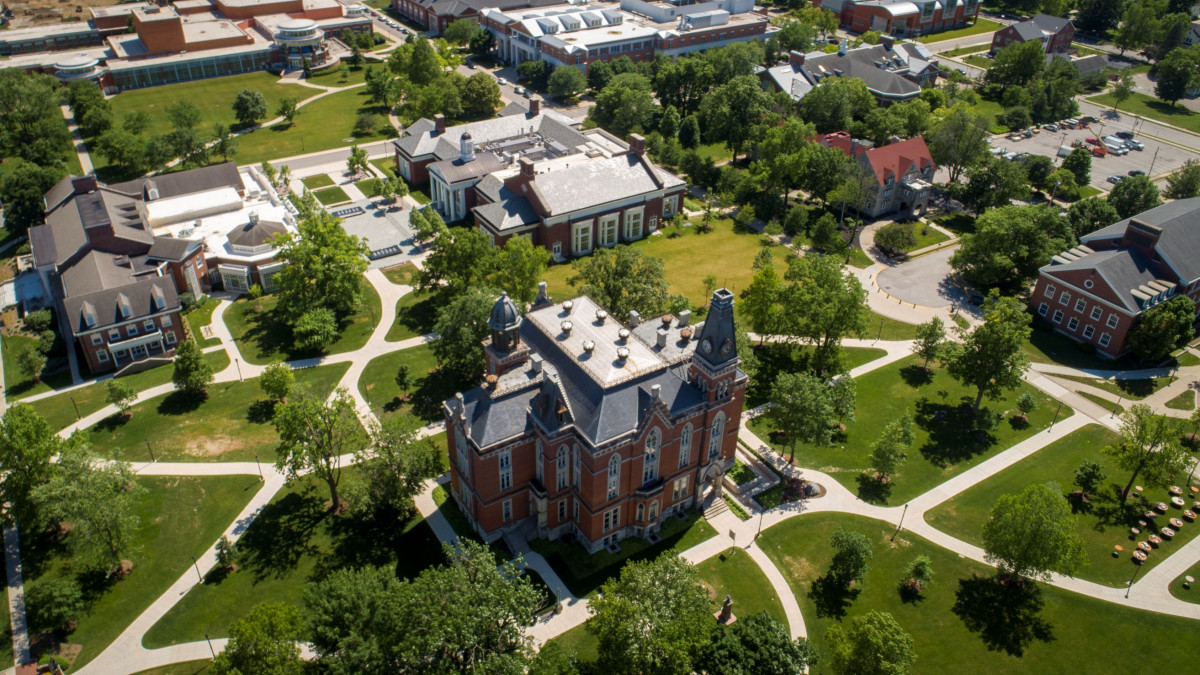 The new VPs: Seeking solutions for admission, alumni
The new VPs: Seeking solutions for admission, alumni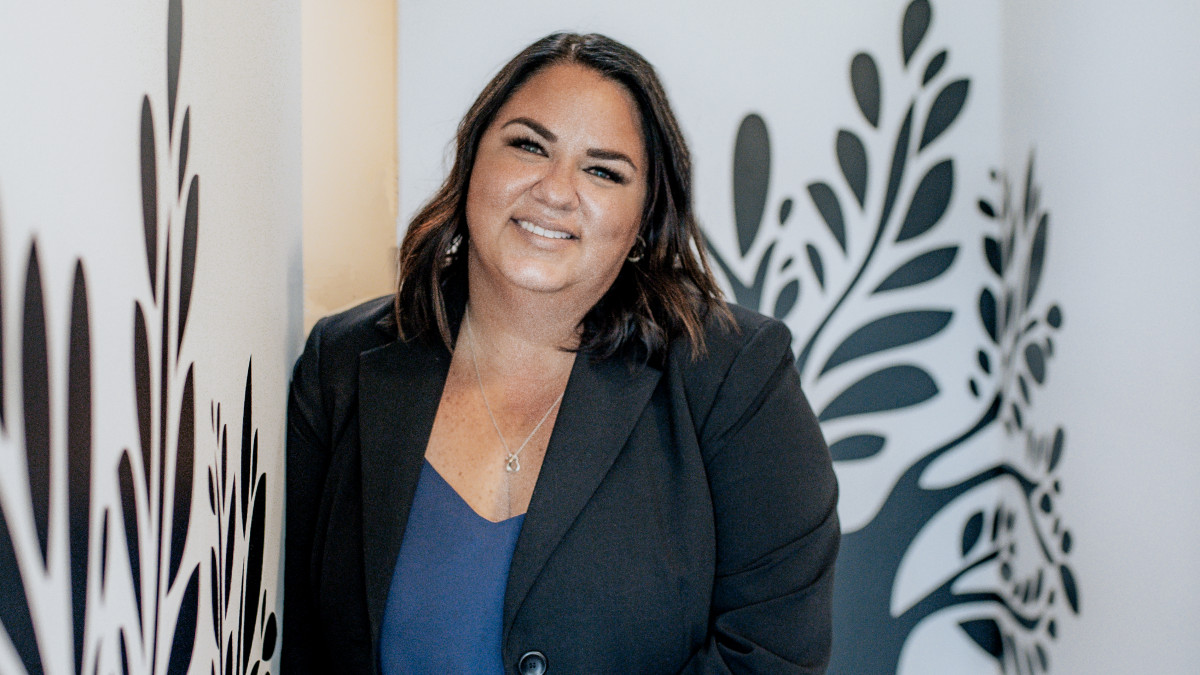 Ashley English ’01: Exhibiting empathy born of experience
Ashley English ’01: Exhibiting empathy born of experience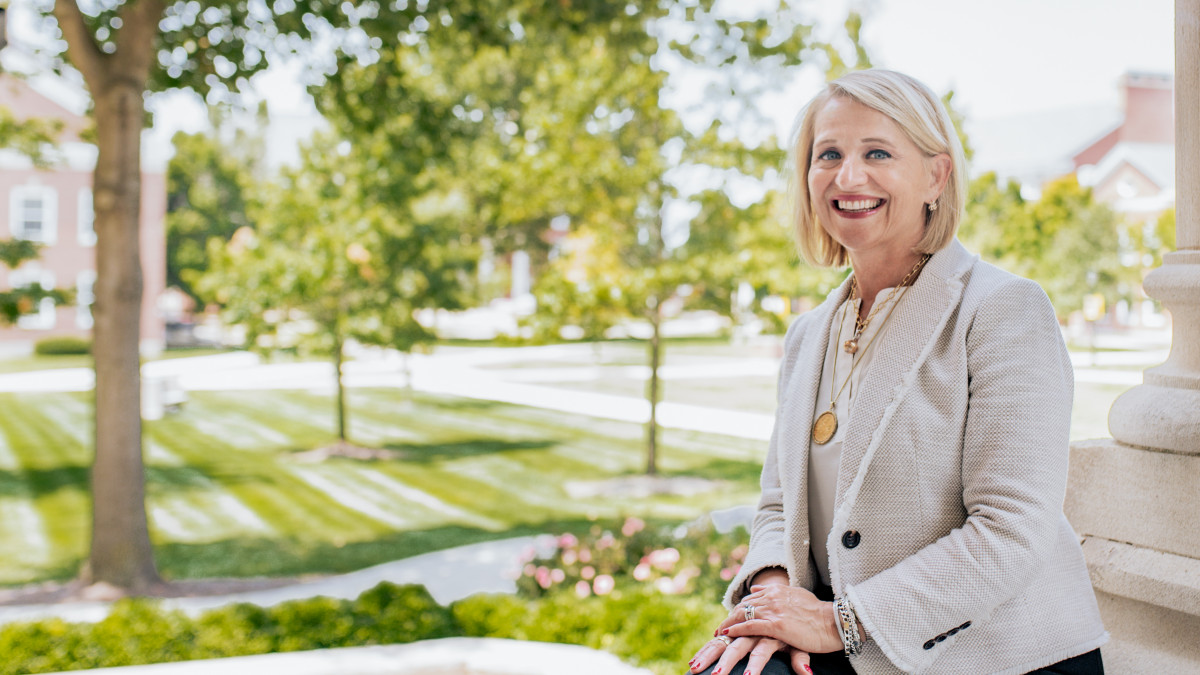 Jennifer Pope Baker ’89: Making noise about quiet problems
Jennifer Pope Baker ’89: Making noise about quiet problems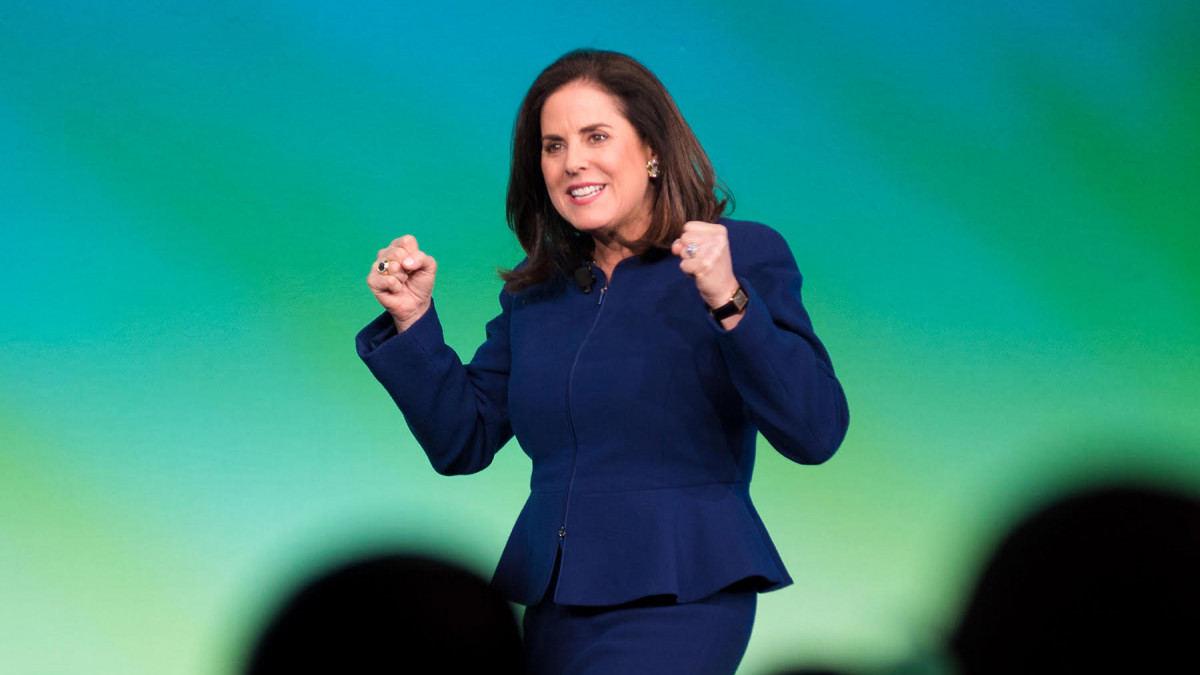 Jan Risi ’81: Transforming a mom-and-pop into a competitor
Jan Risi ’81: Transforming a mom-and-pop into a competitor Randy Dwenger ’80: Finding hope for troubled youths
Randy Dwenger ’80: Finding hope for troubled youths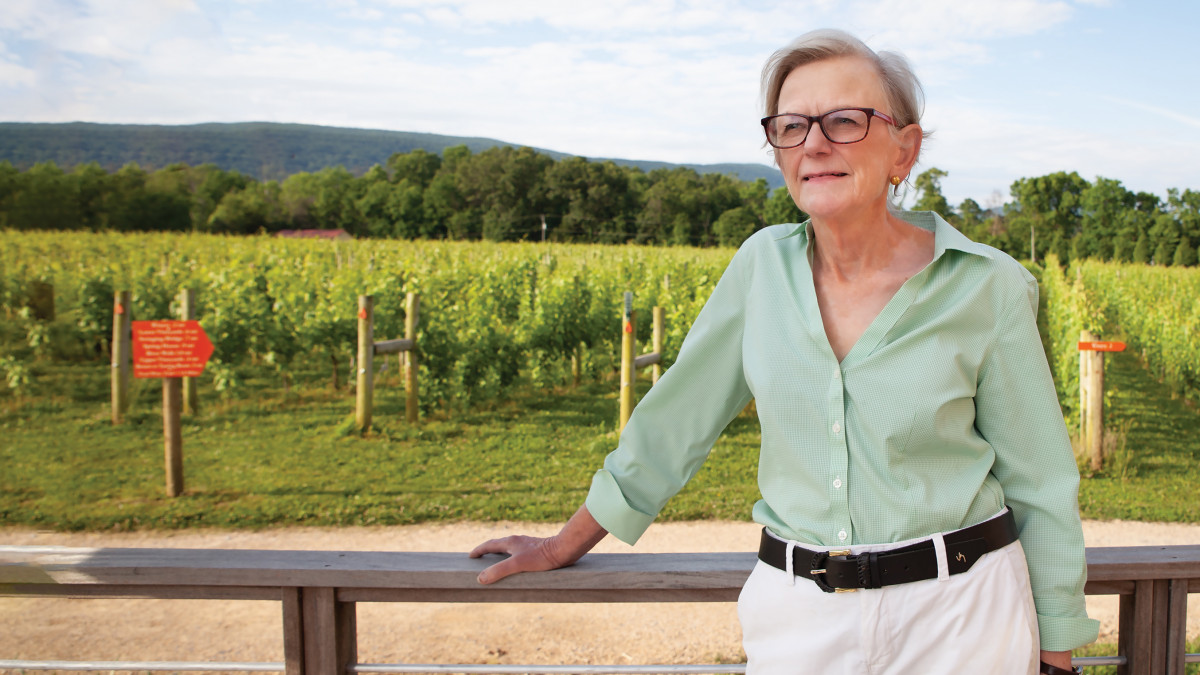 Sally Smerz Grooms Cowal ’66: Healing countries and people around the globe
Sally Smerz Grooms Cowal ’66: Healing countries and people around the globe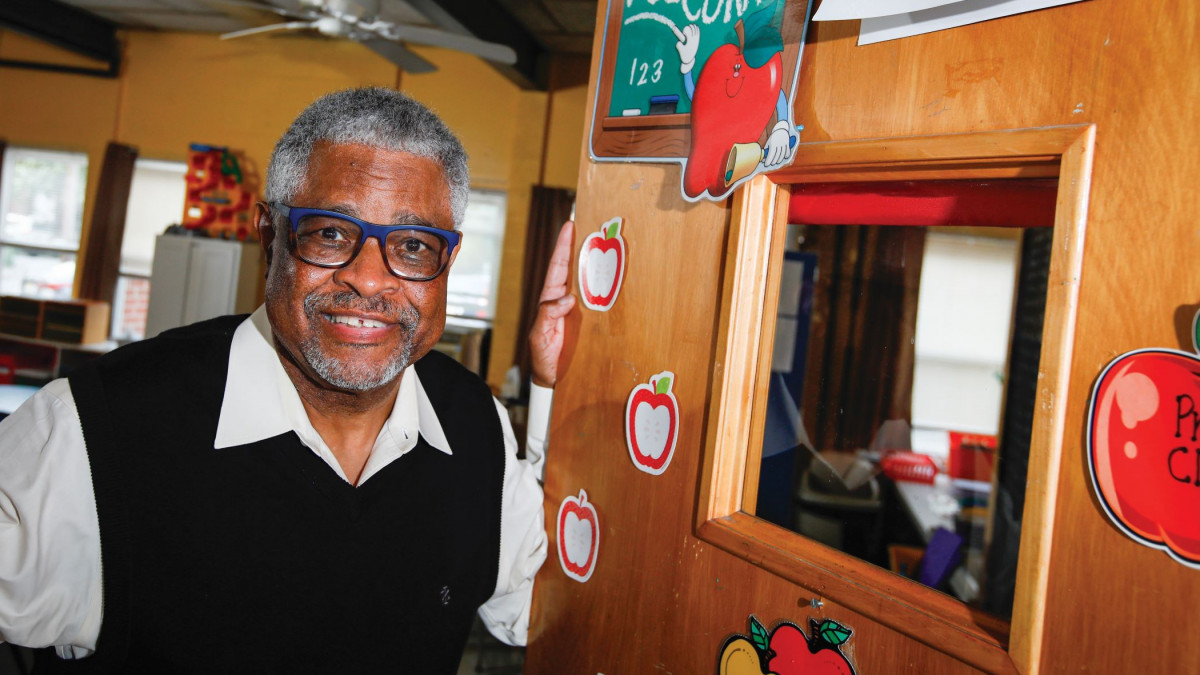 Edward Greene '71: Exploring how children learn
Edward Greene '71: Exploring how children learn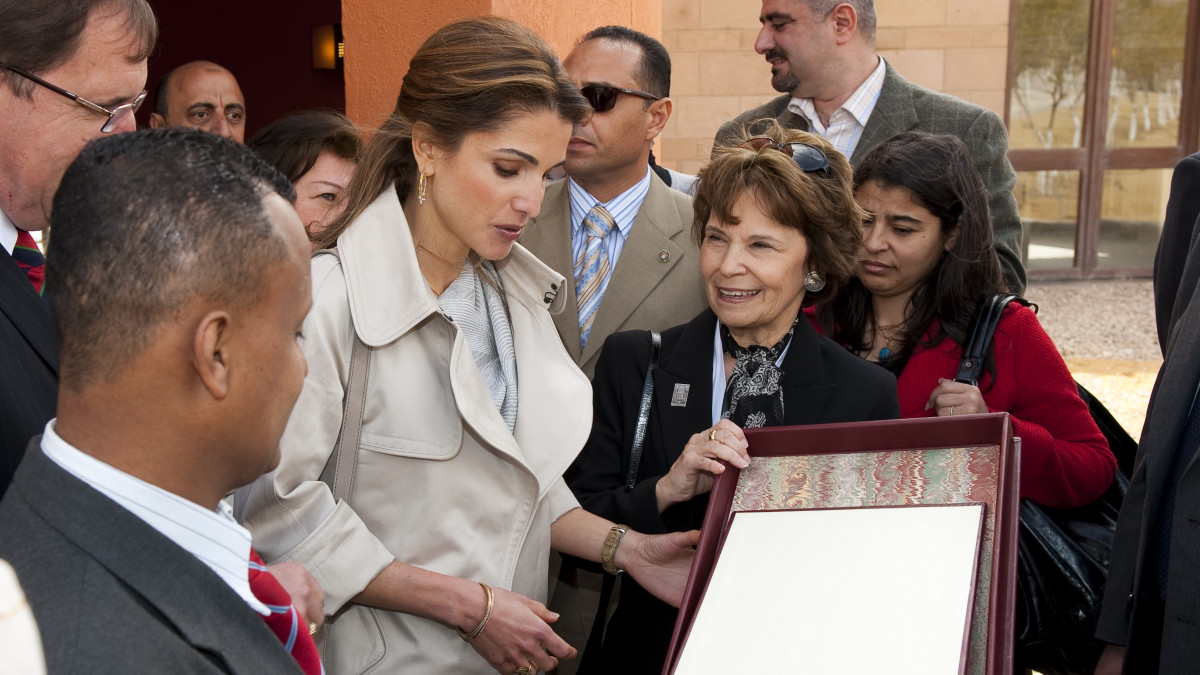 Barbara Lethem Ibrahim '71: Seeking justice in the Mideast
Barbara Lethem Ibrahim '71: Seeking justice in the Mideast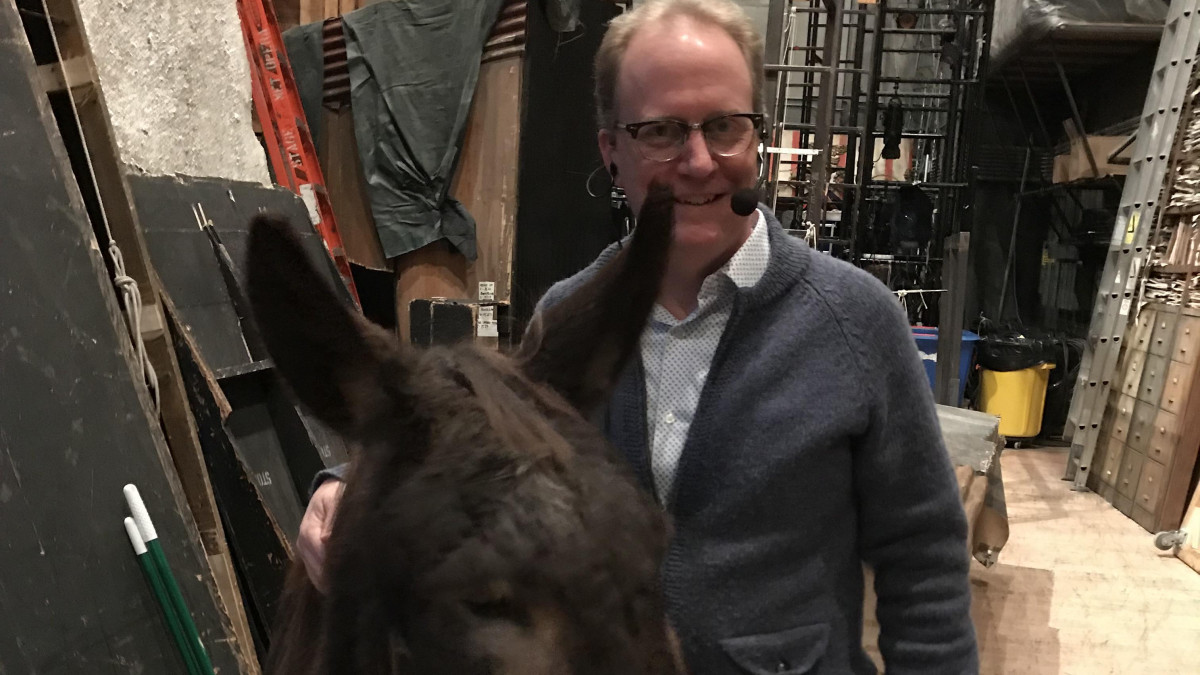 Scott Moon ’83: Staging the stars
Scott Moon ’83: Staging the stars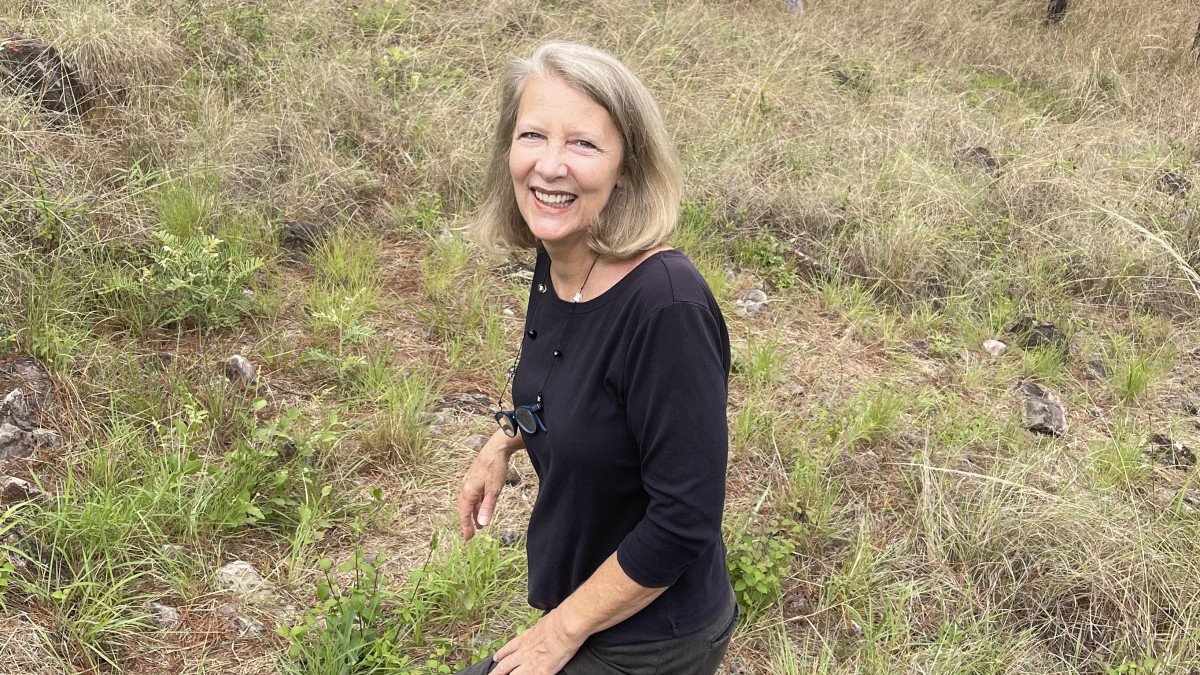 Betsy Hake ’79: Reaching out to outcasts
Betsy Hake ’79: Reaching out to outcasts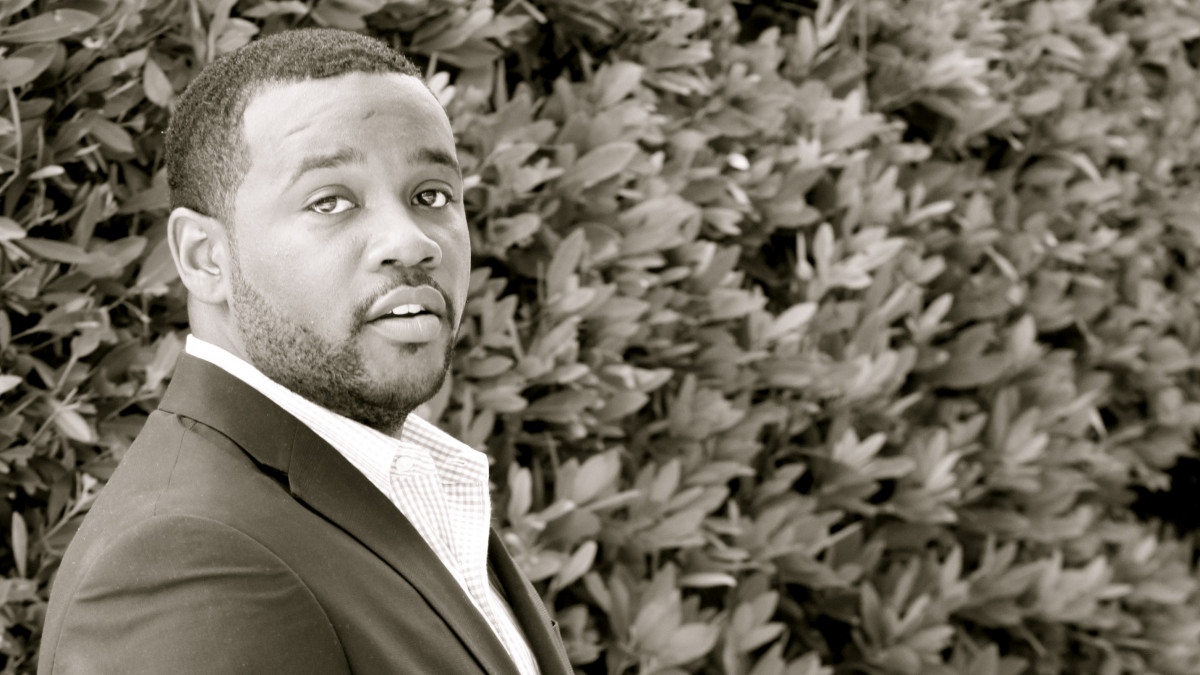 Edward Garnes '99: Serving sweet tea for the troubled mind
Edward Garnes '99: Serving sweet tea for the troubled mind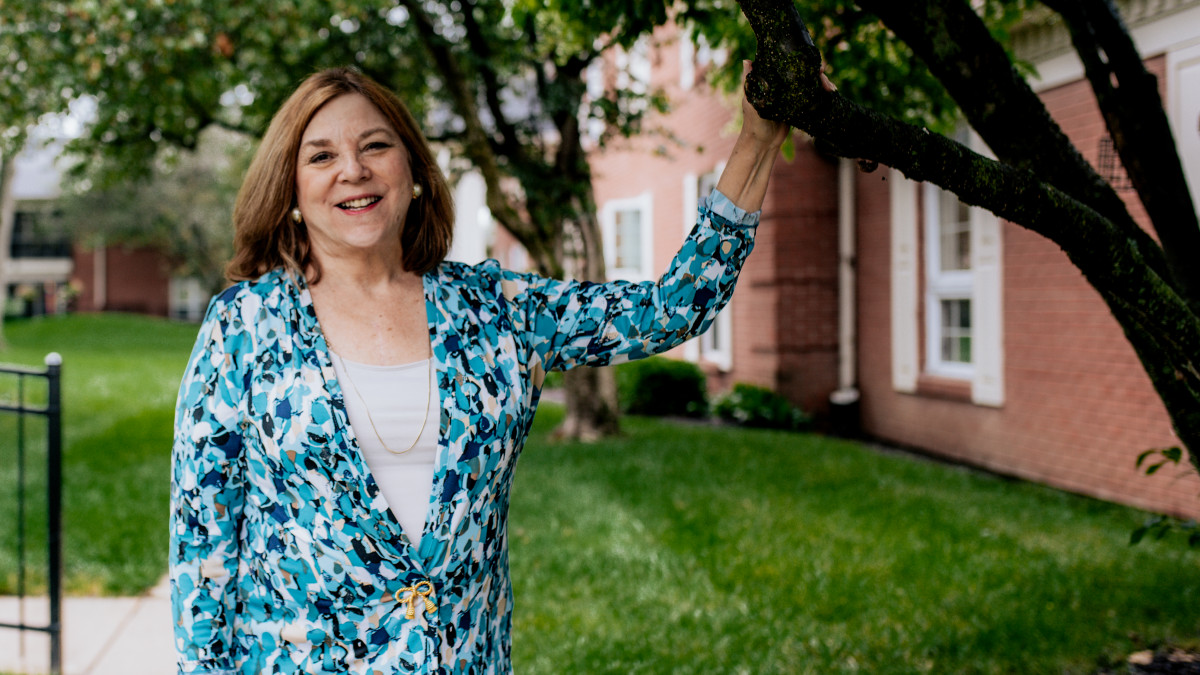 Melissa Martin ’71: Breathing life into small towns
Melissa Martin ’71: Breathing life into small towns The Solution Seekers: Using grit to save one starfish at a time
The Solution Seekers: Using grit to save one starfish at a time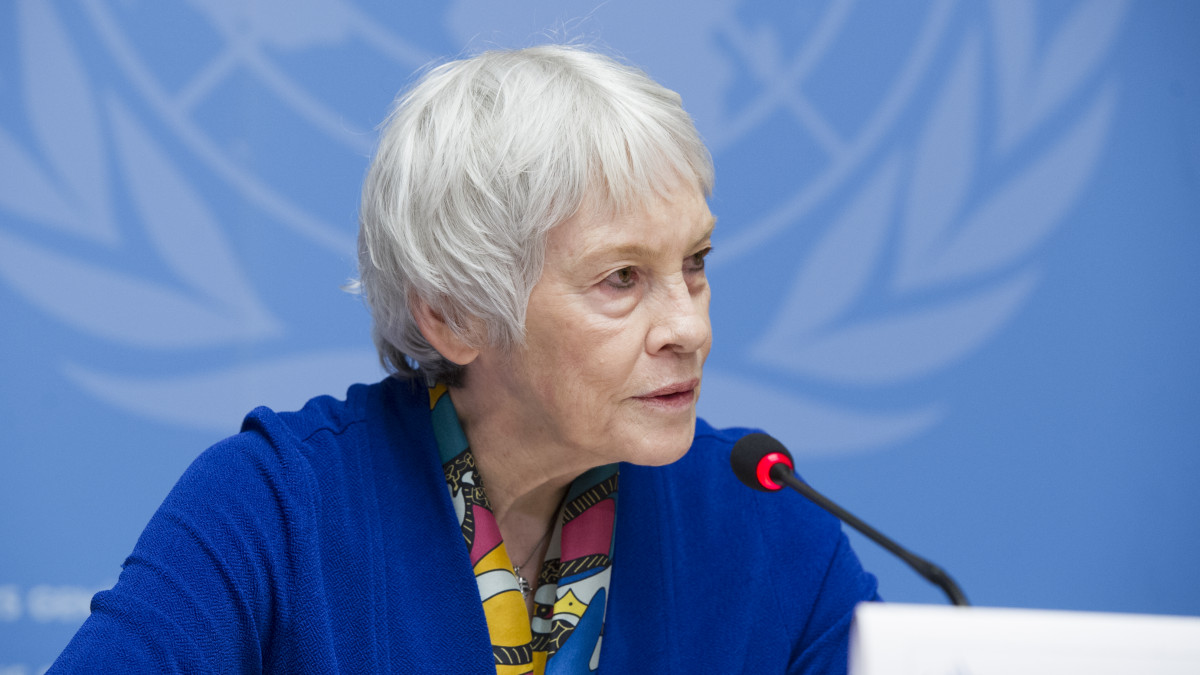 Karen Koning AbuZayd ’63: Rescuing refugees
Karen Koning AbuZayd ’63: Rescuing refugees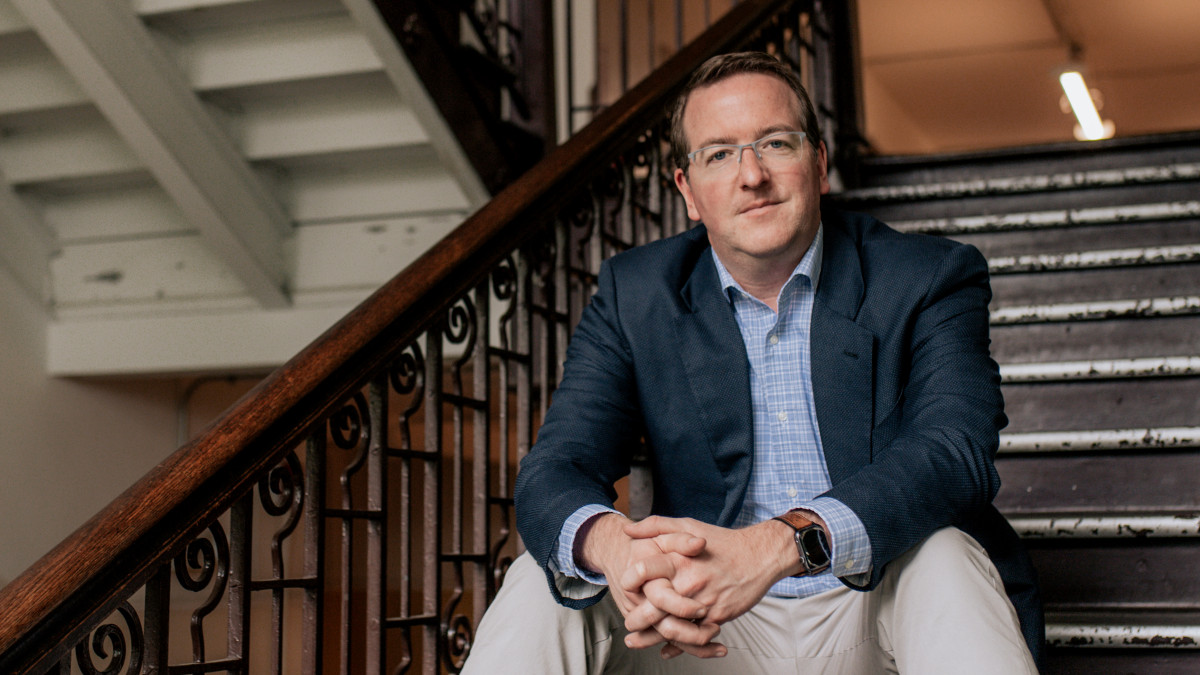 Nathan Hand ’03: Lending help to worthy causes
Nathan Hand ’03: Lending help to worthy causes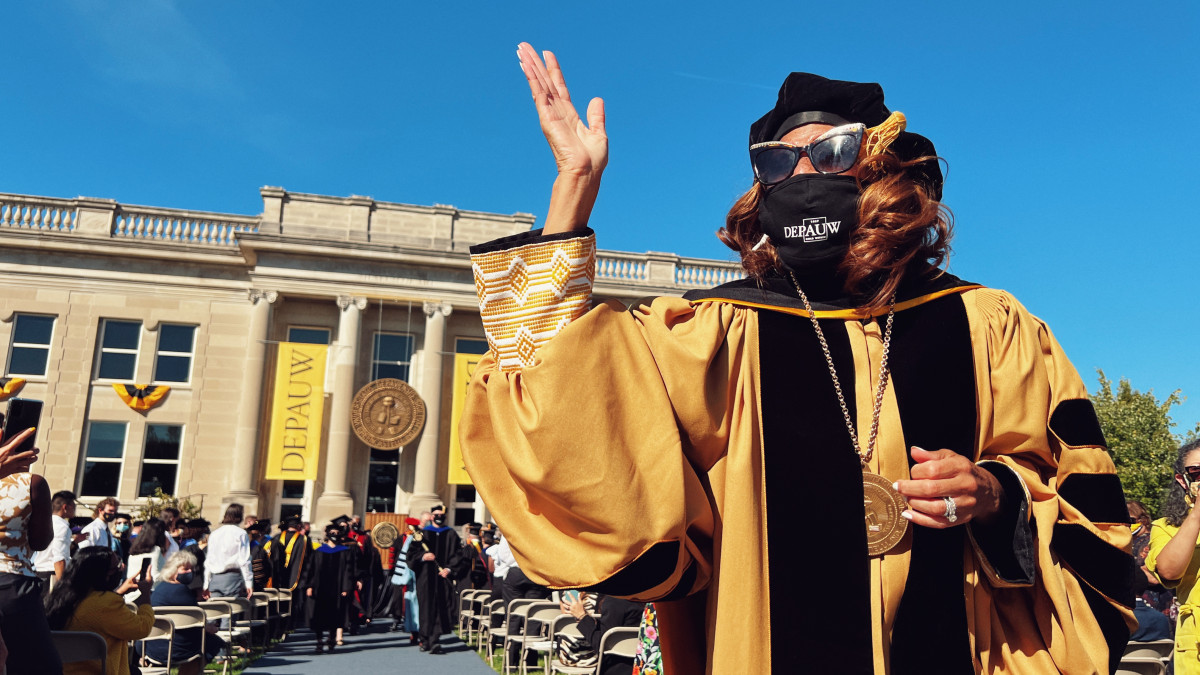 DePauw’s gold shines as White is inaugurated as president
DePauw’s gold shines as White is inaugurated as president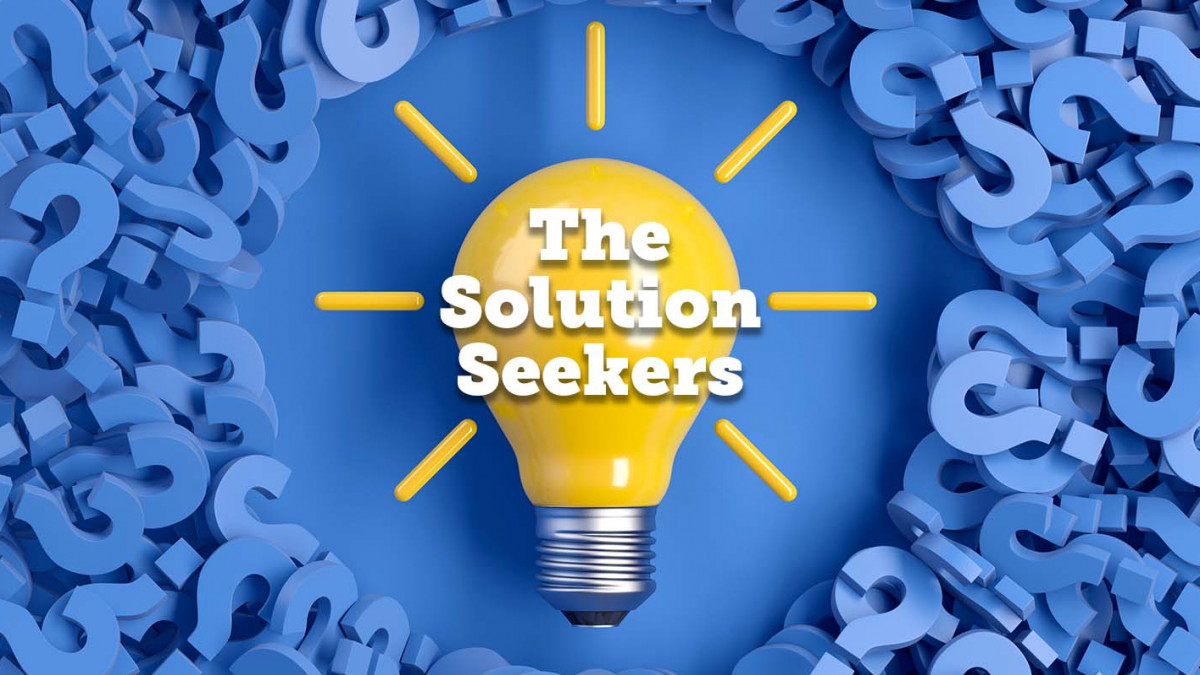 DePauw Magazine: The Solution Seekers
DePauw Magazine: The Solution Seekers
DePauw Stories
A GATHERING PLACE FOR STORYTELLING ABOUT DEPAUW UNIVERSITY
Browse other stories
-
Athletics
-
Field Hockey - Elevated by the Game: Ella Harms’s Field Hockey Journey at DePauw
-
Men's Basketball - Tigers Fall to Little Giants and Split Season Series
-
Football - Robby Ballentine Selected Academic All-America® Team Member of the Year
More Athletics
-
-
News
-
DePauw University Remembers Esteemed President Emeritus Robert G. Bottoms
-
Student and Professor Share Unexpected Writing Journey
-
Four in a Row! DePauw Wins 131st Monon Bell Classic
More News
-
-
People & Profiles
-
Entrepreneurs Eric Fruth ’02 and Matt DeLeon ’02 Are Running More Than a Business
-
Rick Provine Leaves Legacy of Leadership and Creativity
-
History Graduate Cecilia Slane Featured in AHA's Perspectives on History
More People & Profiles
-
-
Have a story idea?
Whether we are writing about the intellectual challenge of our classrooms, a campus life that builds leadership, incredible faculty achievements or the seemingly endless stories of alumni success, we think DePauw has some fun stories to tell.
-
Communications & Marketing
101 E. Seminary St.
Greencastle, IN, 46135-0037
communicate@depauw.eduNews and Media
-
News media: For help with a story, contact:
Bob Weaver, Senior Director of Communications.
bobweaver@depauw.edu.